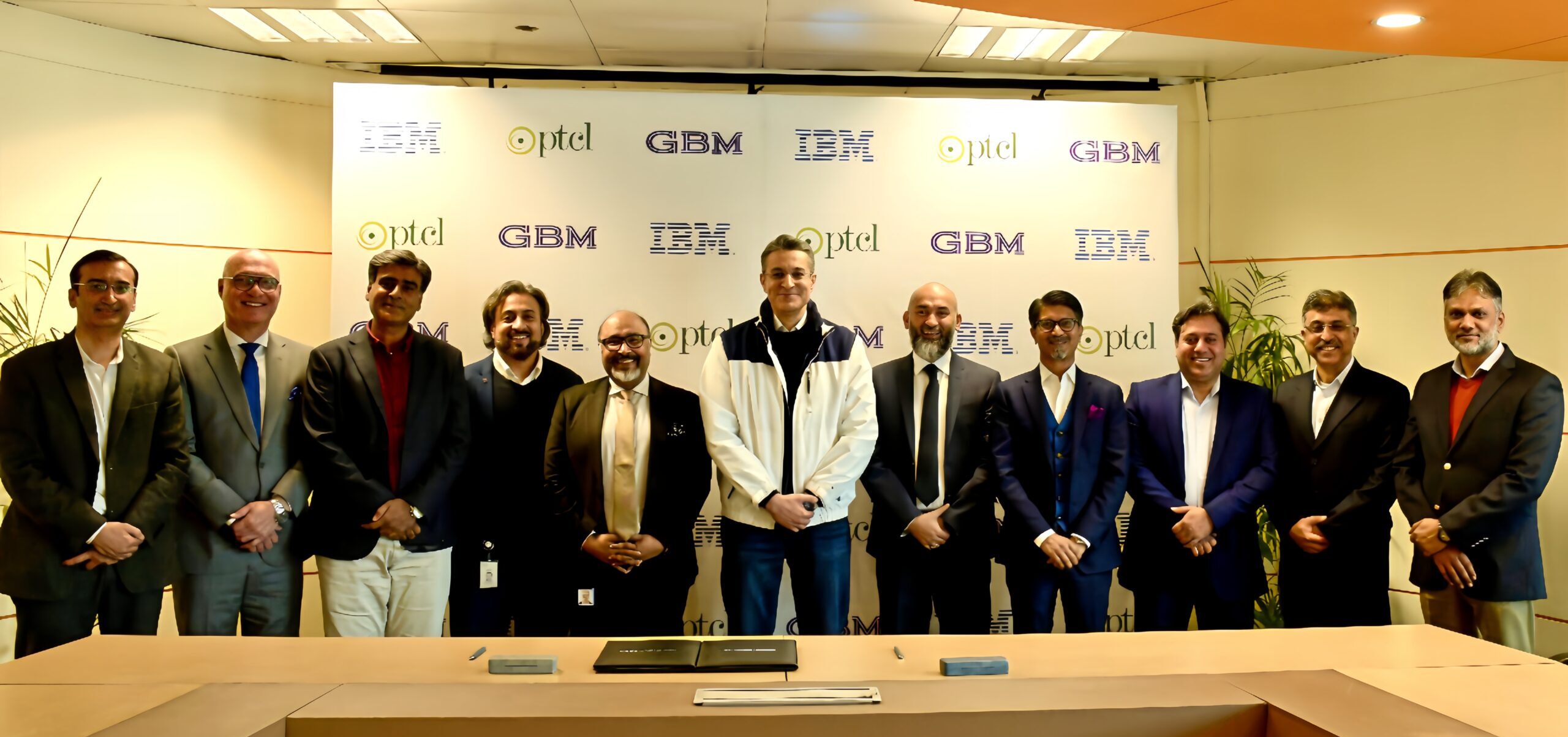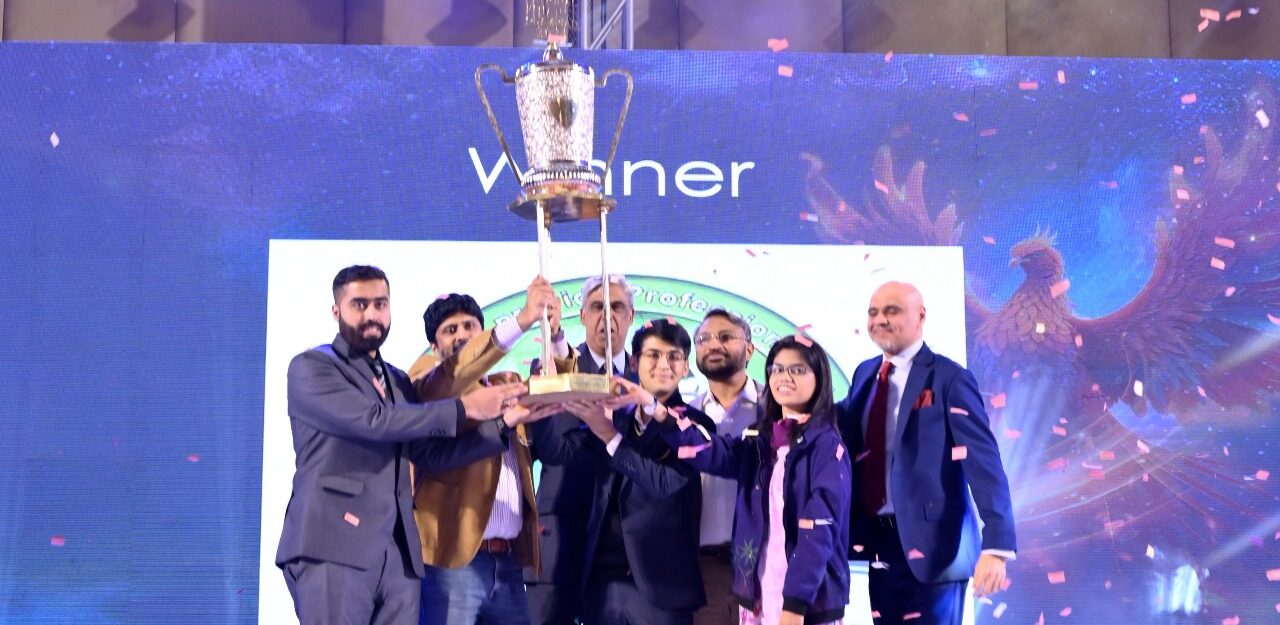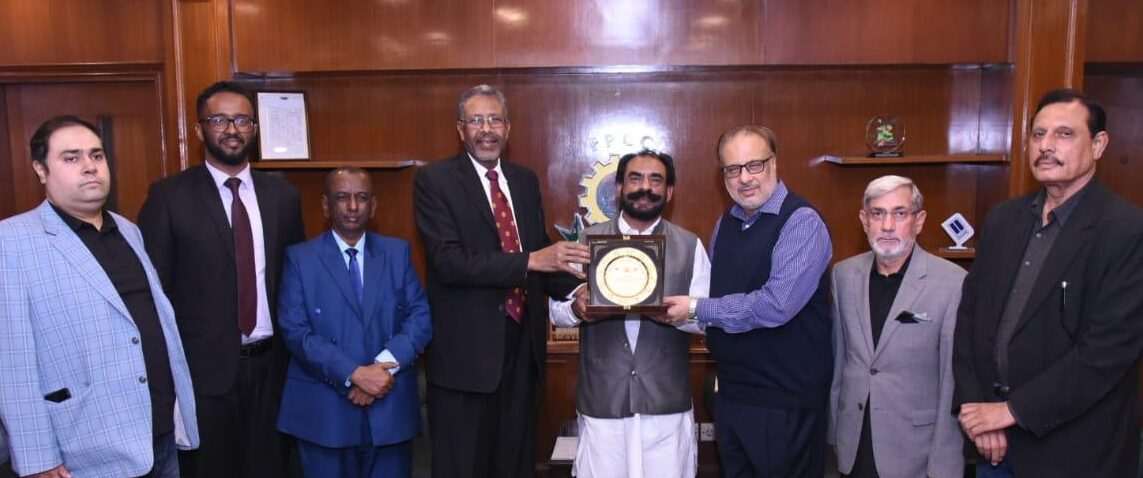Karachi, August 09, 2024: Majyd Aziz, Former President of Employers Federation of Pakistan, stated that the concept of Responsible Business Practices (RBP) that used to be more or less unstructured, has now gained widespread importance and is one of the key performance indicators that reflects the goodwill of the enterprise and also manifests the ethical ecosystem in any enterprise.
He added that it is obvious that large enterprises have a formal policy on RBP unlike most of the SME sector because the dynamics of implementing RBP are such that large enterprises have a broader responsibility than a SME. He was a keynote speaker at the National Conference On Responsible Businesses hosted by Employers Federation of Pakistan in Karachi.
Majyd Aziz further said that the principal difference in RBP of large corporations and the SME sector is that RBP in SME reflects to a greater extent the personality, values, character, attitudes, education or background of the entrepreneur or the owner–manager than large corporations.
This close connection between the entrepreneur and his company strongly influences the strategies, practices and decisions, as well as the behavior of the company and its role in business and society. The attitudes and activities of owner–managers of small firms inevitably affect their network of suppliers, customers and employees.
He said that the human rights factor is crucial in RBP. When enterprises respect human rights, they demonstrate their commitment to building sustainable and mutually beneficial relationships with customers, communities, workers, and investors.
Majyd Aziz forcefully advised businesses to ensure compliance of ILO ILES, GSP Plus, and conditionalities prescribed by brands, as these necessitate safeguarding their reputation, goodwill and brand image, highlighting human and environmental risks, and reducing cost burdens associated with labor disputes, customer issues and stakeholder issues. The emphasis should not just be on profits but also creating social value.
Majyd Aziz, who is also the Former President of (UN) Global Compact Network Pakistan, stated that the human rights that businesses have to respect include working conditions, fair wages, social security, freedom of association, collective bargaining, non-discrimination, forced labor, and child labor.
He advised that it is with this objective that the social partners (employers, workers, government) can work together to strengthen the ecosystem of support for workers, their families, and even the community at large.
Therefore, a framework for sustainable philanthropy must be agreed upon in order to inculcate a culture where enterprises are oriented with a more sustained and longer-term approach to focus and strengthen on Environmental, Social, and Governance (ESG) responsibilities.



























































































































































































































































































